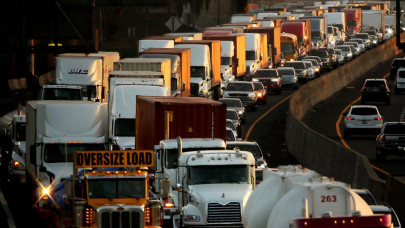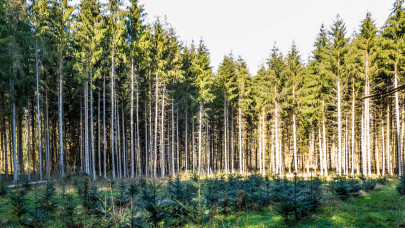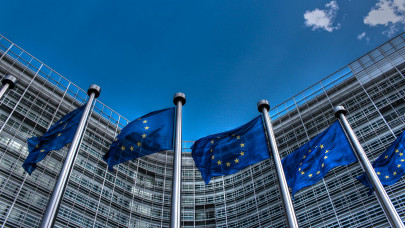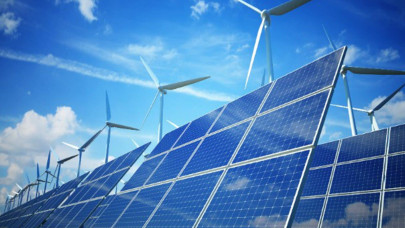MEPs underline that restoring the ecosystem is key to combating climate change and biodiversity loss, and reduces risks to food security. They stress that the draft law does not impose the creation of new protected areas in the EU nor block new renewable energy infrastructure as they added a new article underlining that such installations are overwhelmingly in the public interest.
Parliament highlights that the new law must contribute to reaching the EU's international commitments, in particular the UN Kunming-Montreal Global Biodiversity framework. MEPs support the Commission's proposal to put restoration measures in place by 2030 covering at least 20% of all land and sea areas in the EU.
Parliament says that the law shall only apply when the Commission has provided data on the necessary conditions to guarantee long-term food security and when EU countries have quantified the area that needs to be restored to reach the restoration targets for each habitat type. Parliament also foresees the possibility to postpone the targets under exceptional socioeconomic consequences.
Within 12 months of this Regulation entering into force, the Commission would have to assess any gap between restoration financial needs and available EU funding and look into solutions to bridge such a gap, in particular through a dedicated EU instrument.
"The Nature Restoration Law is an essential piece of the European Green Deal and follows the scientific consensus and recommendations to restore Europe's ecosystems. Farmers and fishers will benefit from it and it ensures a habitable earth for future generations. Our position adopted today sends a clear message. Now we must continue the good work, defend our ground during the negotiations with member states and reach an agreement before the end of this Parliament's mandate to pass the first regulation on nature restoration in the EU's history", says rapporteur César Luena (SD, ES).
Parliament is now ready to start negotiations with the Council on the final shape of the legislation.
Over 80% of European habitats are in poor shape. The Commission proposed on 22 June 2022 a regulation on nature restoration to contribute to the long-term recovery of damaged nature across the EU's land and sea areas and to achieve EU climate and biodiversity objectives. According to the Commission, the new law would bring significant economic benefits, as every euro invested would result in at least 8 euro in benefits.
This legislation is responding to citizens' expectations concerning the protection and restoration of biodiversity, the landscape, and oceans as expressed in proposals 2(1), 2(3), 2(4), and 2(5) of the conclusions of the Conference on the Future of Europe.













